Long before the sun has risen, sophomore Lena Cullen is already preparing for a horse show. She arrives at the arena at 5 a.m., washes her horse, Fun, puts on the bridle and saddle and memorizes her jumping course before the competition starts.
Cullen spends five days a week at the barn, practicing with her trainer, Siri Larsen, who offers lessons and training under her business, Benchmark Farm. Larsen teaches her students, including Cullen, at Dougherty Ranch, a riding facility in Nicasio.
Being an equestrian, in Cullen’s opinion, is more than simply enjoying a trail ride.
“So much work and training goes into it, and it might not be the most physically exerting sport, because it’s not a lot of cardio, but it requires a lot of tact,” Cullen said.
In addition, Cullen said that riding entails a combination of both grit and concentration.
“I work well under pressure. My mind always has to be working; there’s never a relaxing moment. I have to be on it 24/7,” she said.
According to Cullen, confidence is also key while riding.
“It takes a lot of courage to ride, especially to jump, because working with animals that are 1200 pounds and have a mind of their own is scary at times,” she said.
Cullen and her partner-in-crime, Fun, an “expressive” Irish sport horse, as Cullen puts it, have a very close relationship. Though she has been riding for five years, Cullen purchased Fun last May.

Although the two have had many successes and grown close quickly, they have also experienced inevitable challenges.
About six months ago, Cullen was bucked off when Fun was spooked by a deer. She landed on her head, broke her back, underwent surgery, and endured a concussion. Cullen is still recovering physically with bi-weekly physical therapy, and mentally in regaining her confidence and trust in Fun.
“It took a lot of strength to be able to continue and mentally get past that because it’s scary not knowing what’s going to happen,” she said.
However, she persisted due to her love of her horse and of riding in general. To Cullen, it was essential for them to get their communication back in alignment.
“What I’ve seen Lena have to do is to really dig deep emotionally and block that,” Larsen said. “If the emotion’s coming up, and things are getting a little ‘woo-hoo,’ you gotta say, ‘Hey, we don’t have time for that.’ You can’t get scared. You can’t get worried. You’ve got to say, ‘hey what’s happening? What is my instinct to do so I can head that off?’”
Cullen stressed that communication between the horse and rider is essential. If her leg is one centimeter too far forward or too far back, Fun will let her know by doing the wrong movement. She will not get her desired result until she corrects her foot placement.
“The horse drives a lot of the teaching. If this horse needs something special, he’s going to teach her what that special thing is, and she’ll have to master that or it won’t work with that horse, because every horse is not the same. They all have their idiosyncrasies, their little likes and dislikes,” Larsen said.
“It’s really cool that the animal lets you know what your mistake is or what you are doing wrong,” Cullen said. “It’s not constantly an outside source blabbing ‘Fix this, fix that.’ If I get it right, my horse does too and keeps traveling the right way.”
Along with rebuilding her communication with Fun, Cullen has other riding goals. On average, Cullen participates in six horse shows a year, each of which lasts between one and two weeks. This past show season, Cullen competed in the 0.90 meter jump division at Sonoma Horse Park. She hopes to move up to the 1.1 meter jumps this season, and travel to more shows nationally.
In the future, Cullen plans to pursue a career in horseback riding and become a professional rider and instructor.
“I really enjoy the process of working with the horses, and it’s really fun to see the horses change in result of your training,” Cullen said.



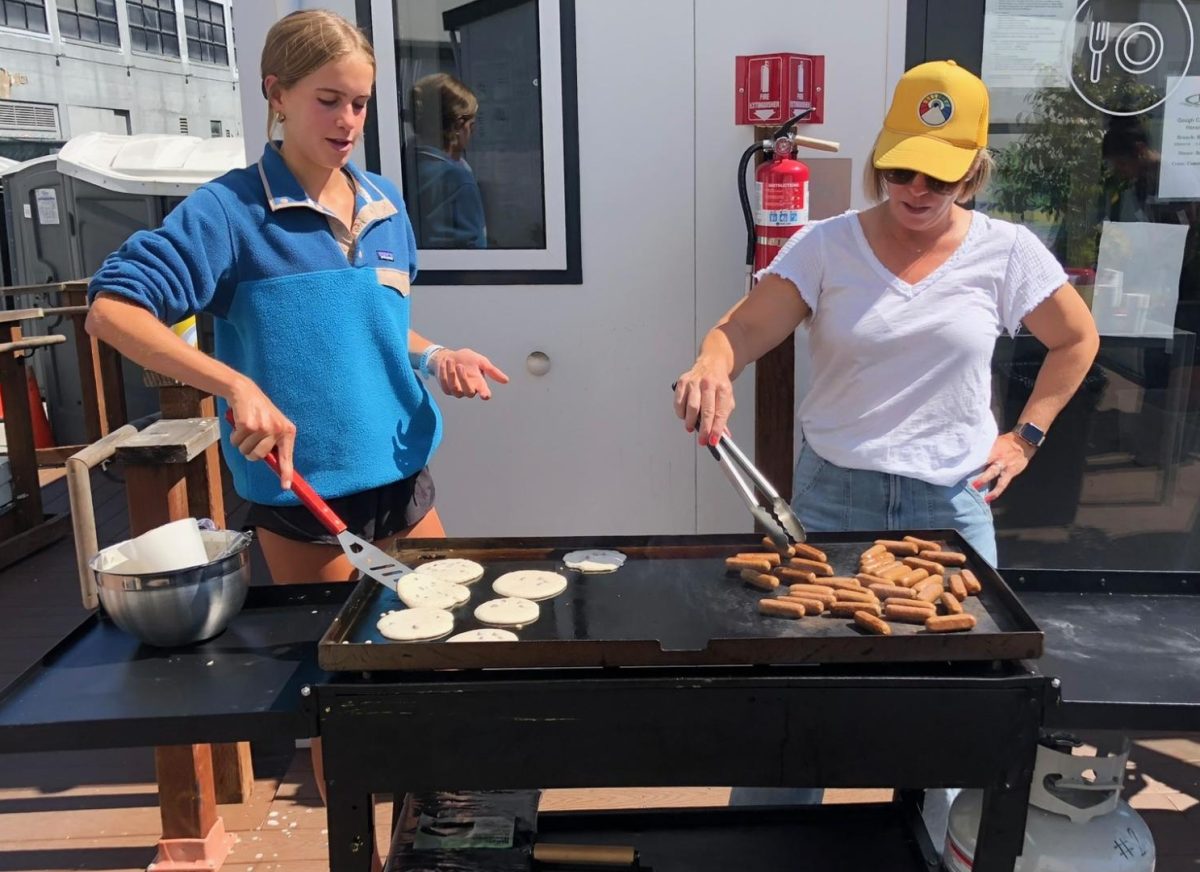
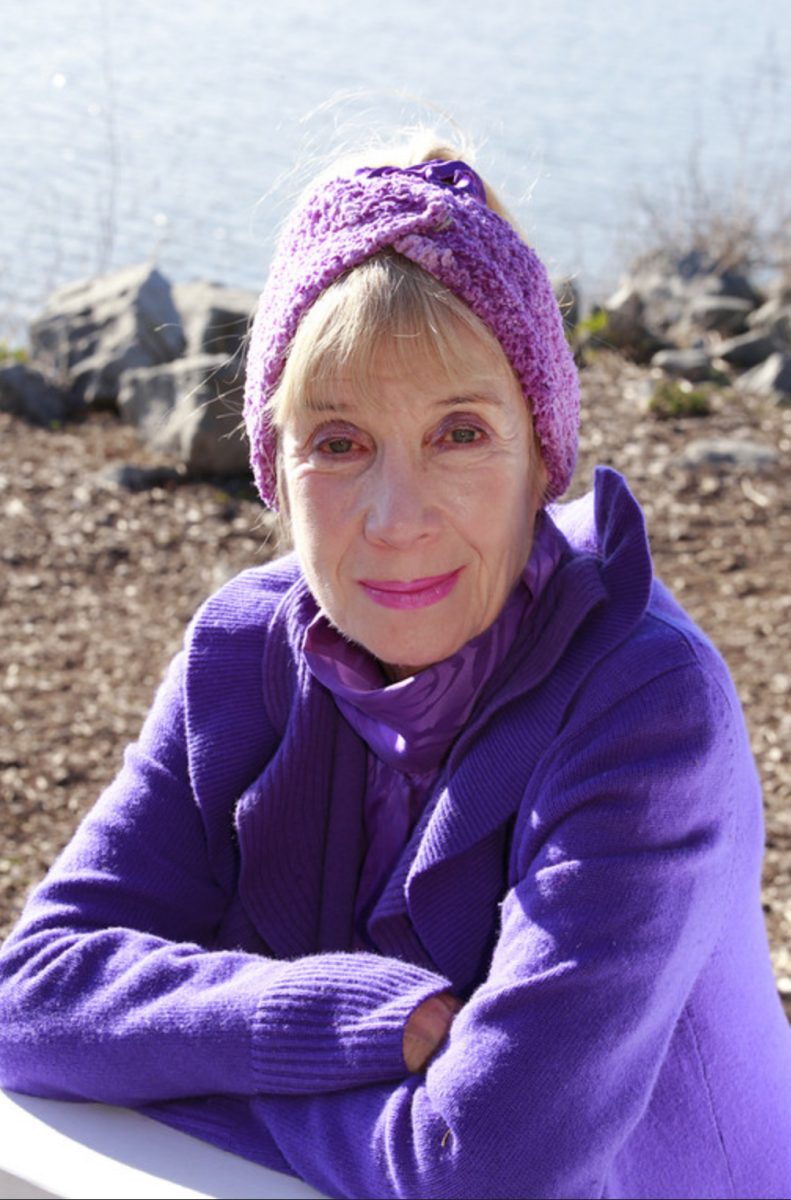
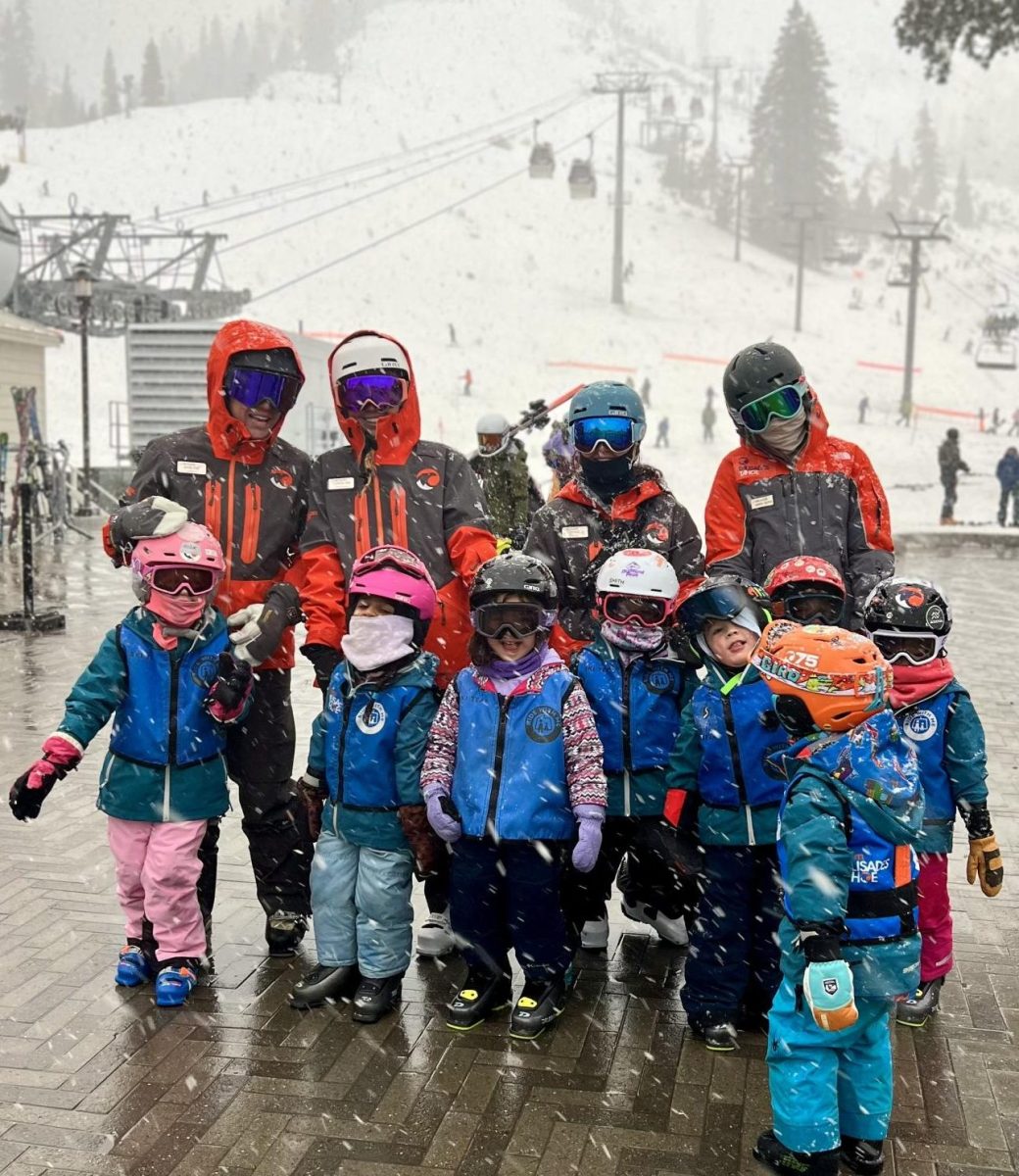




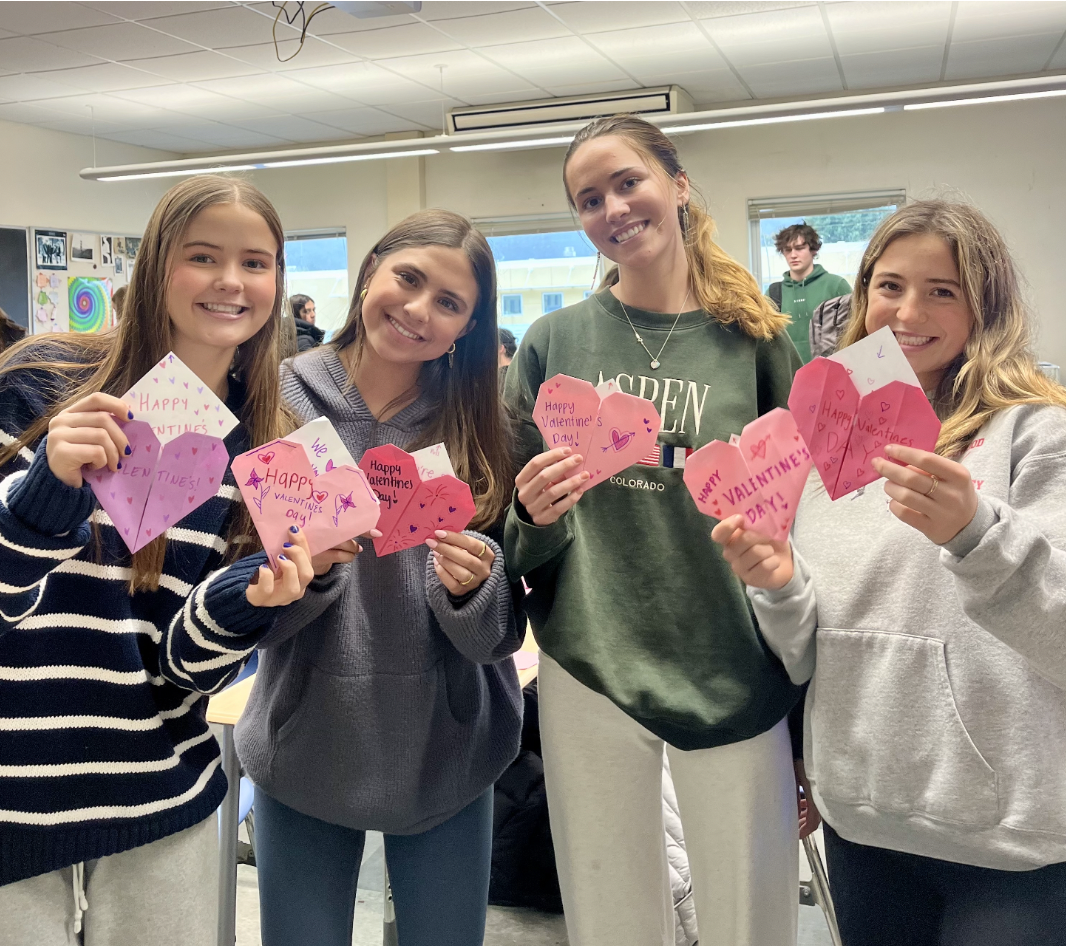
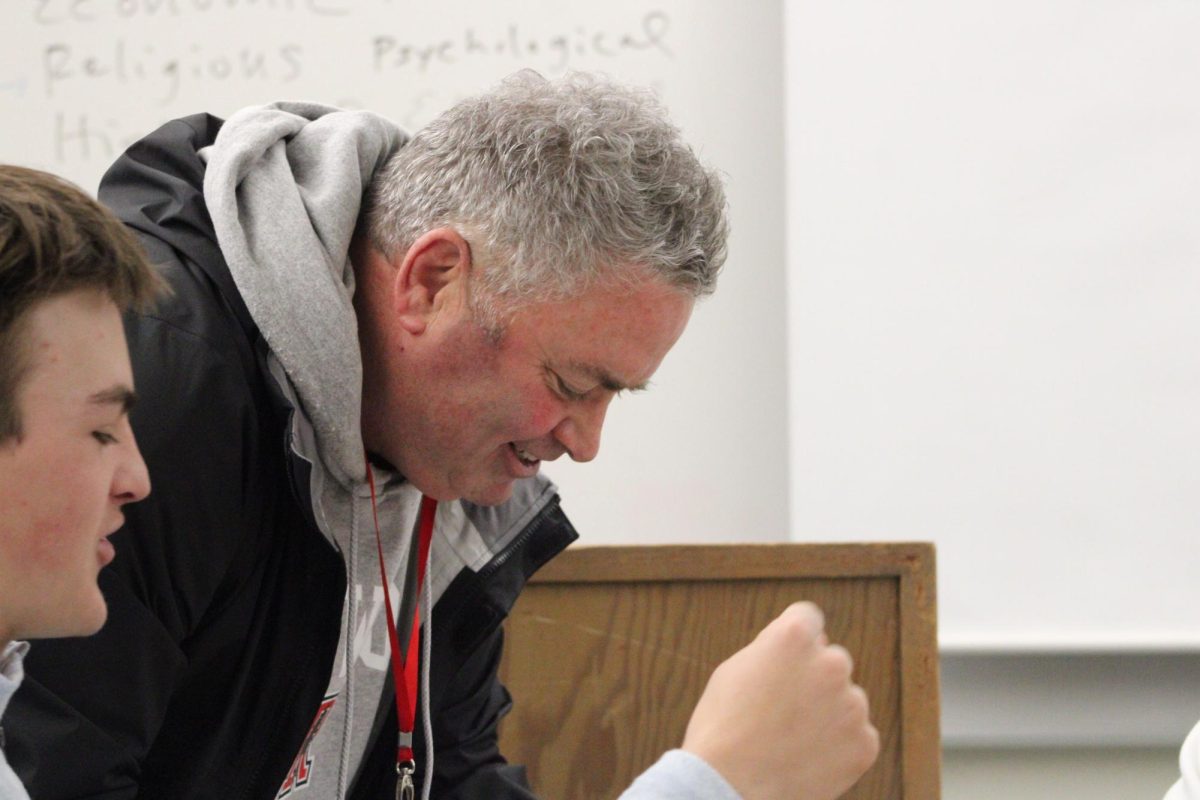
!["I knew I wanted to be a writer. I wasn't a good student [at Redwood], but I wanted to be a writer, and I wanted to paint. I'm self-taught in all of it, which gave me an original voice," Paige Peterson said. (Photo courtesy of Paige Peterson’s website).](https://redwoodbark.org/wp-content/uploads/2025/02/ppeterson.png)



